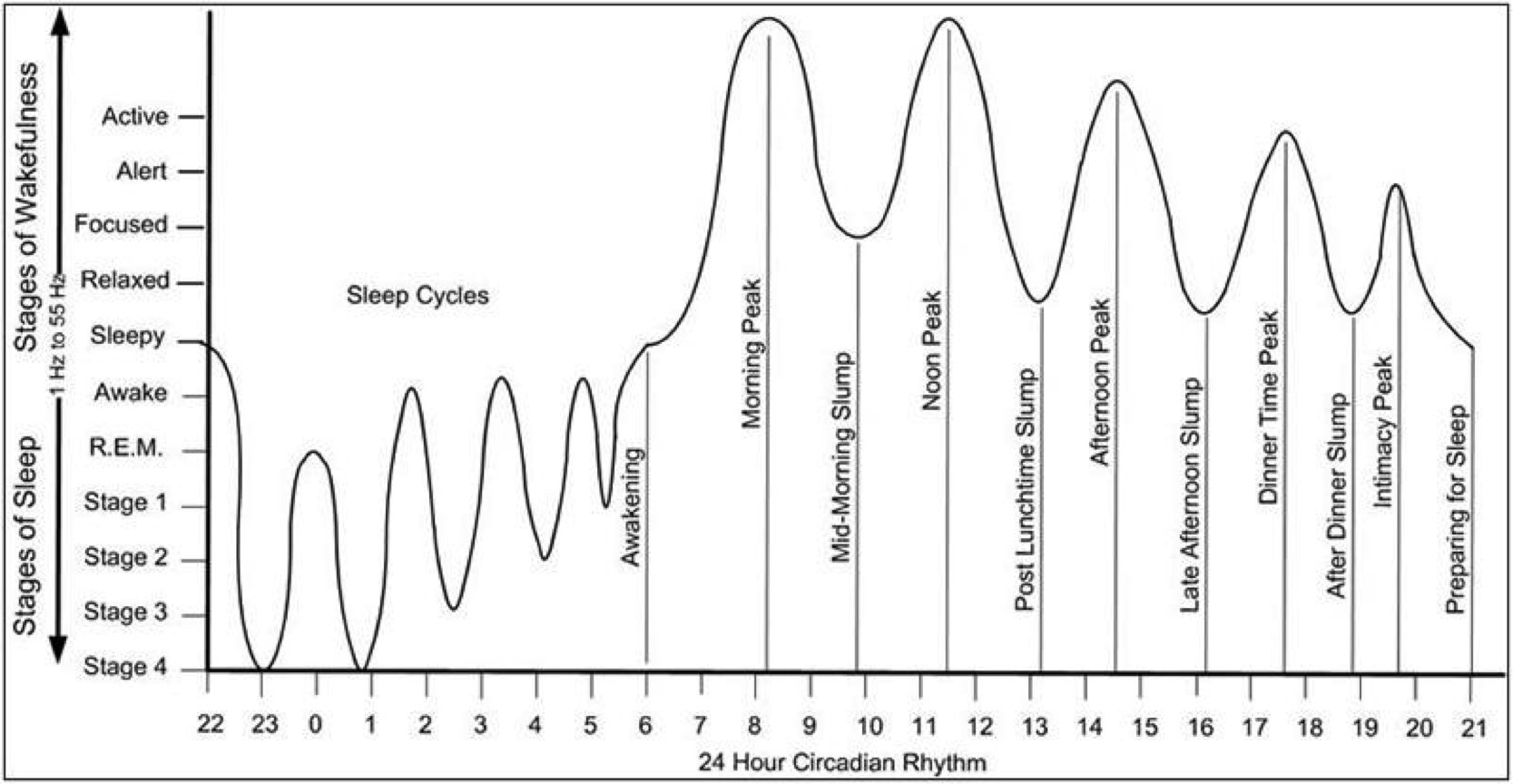True or false? Those who work the hardest, rise to the top.
It’s a trick question.
It is true that if you put in long hours you will receive short term performance gains. The amount you can produce is related to amount of time you put in. But at some point, the number of hours you put in will produce diminishing returns because the quality of work is sacrificed.
To have a long and successful career, filled with consistent production, one needs to work hard, while counterbalancing it with the ability to rest and recover.
There is a myth that exists in corporate cultures that grinding day in day out is the only way to get to the top. Other famous aphorisms are “Sleep is for the weak”, or “No pain…no gain”. What the myth forgets to tell you is that the more you grind, the more stress you put on yourself. And if you allow stress levels to build up without finding consistent outlets for decreasing it, at some point you will break.
This blog will help you integrate proper rest periods in between short cycles of intense work.
To start, it helps to understand that our bodies move through 90-120 minute cycles. While you are asleep, your natural sleep cycle takes you through four stages which lasts around 90 minutes. While you are awake, your bodies take you through a cycle called the Ultradian Rhythm which regulates your level of energy and alertness. The Ultradian Rhythm also moves in around 90-minute cycles.
Image Credit: NuTelsa
Looking at the Ultradian Rhythm through the context of a workday, there are two key takeaways:
You cannot maintain peak energy and focus levels for longer than 90 minutes at a time. So, to be a peak performer, you must add into your work day an appropriate number of breaks.
You have peak energy and focus levels early in the day. Even with proper rest scattered throughout your day, your energy and focus levels will decrease over time. So, you should do your best and most important work early in the morning.
Here is an example of what a Peak Performance day may look like.
The schedule itself is easy to understand and the truth is, most people aren’t workaholics and do take breaks. The issue itself isn’t whether someone takes breaks, but rather it is the types of activities people choose to fill the breaks with. Most people choose activities that don’t help in rest and recovery. After a break, they don’t feel ready for the next session of work. If you are serious about becoming a peak performer, every session of work should be intense and focused.
Think back to your own experience, during your coffee or lunch breaks, what do you do? After your break do you feel refreshed and mentally ready to get back to work? Do you come back from a break, with new ideas or insight into how to solve a problem you were working on?
If the answer is no, you need to rethink the activities you do during your breaks. So, the big question is what can you do during your breaks to help you rest and recover?
First, you must understand that break activities fall into two different categories:
Passive Renewal – Activities that help you chill out by decreasing your heart rate and blood pressure.
Active Renewal – Activities that help energize you by increasing your heart rate and blood pressure.
Passive Renewal includes activities such as:
Meditation
Deep breathing
Journaling
Napping
Massages
Warm showers
Active Renewal includes activities such as:
Activities involving exercise and movement
Yoga
Cold showers
Laughing
Second, depending on the type of break you need, you must choose the right activity to match it. To find out what category of activity is right for you, you must pay attention to how you feel right before you take a break. If you are feeling:
Tired, depressed, low energy, or unfocused, you should choose activities that belong to Active Renewal.
Restless, anxious, or emotional, then you should choose activities that belong to Passive Renewal.
How often have you heard people say that they are too tired to exercise, or too anxious to sit still? If you think back to your own experience, you will realize that the opposite is true. You gain energy from exercise and you become calmer when you sit still. Our mind and bodies are interconnected, so the easiest way to change how you feel mentally is to change what your body is doing physically. In other words, if you change the state of your body, you also change the state of your mind.
Finally, let me leave you with two final thoughts about becoming a Peak Performer at work:
If you want to be a consistent top performer, you must put as much time and thought into how you rest as to how you work. Stress is constant, so rest and recovery must be a constant as well.
If you want to ensure you take proper rests, you must schedule into your calendar, if you don’t, conscious recovery is unlikely to occur.



